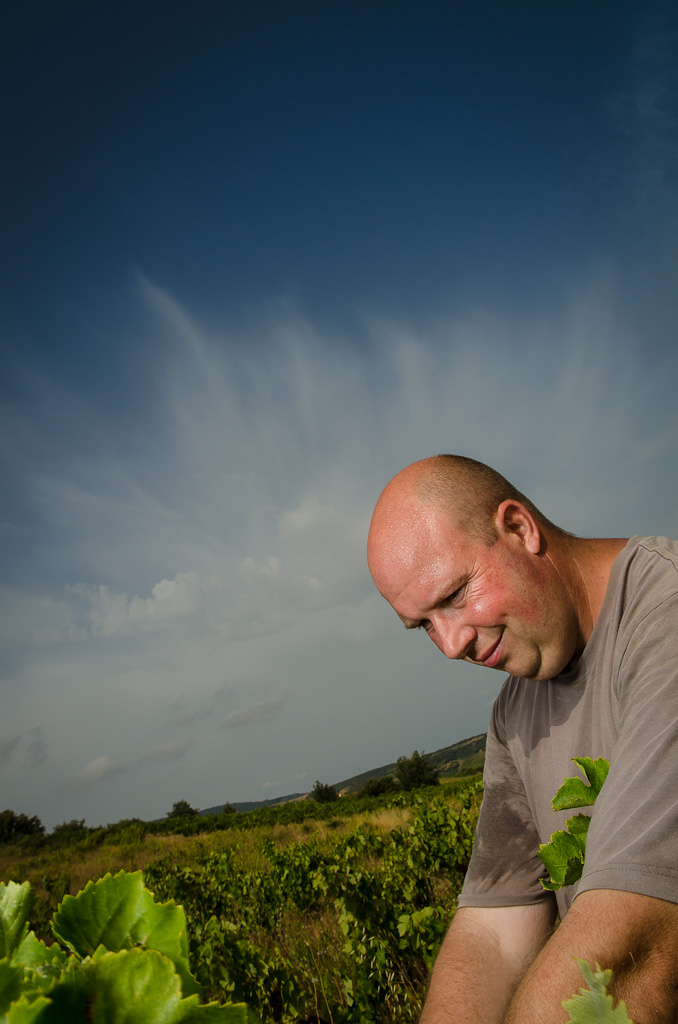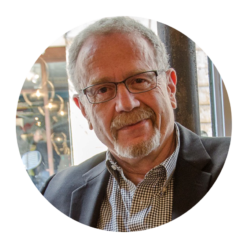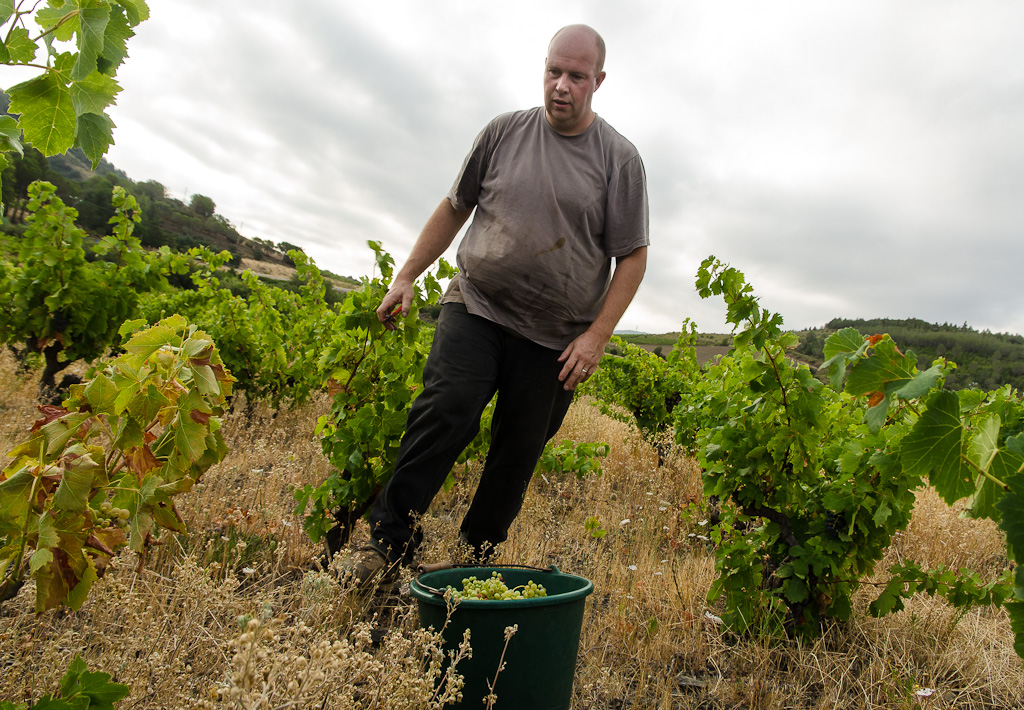Educated in Burgundy, Marc Barriot, proprietor and winemaker of Clos de l’Origine, makes a Burgundian style of wine emphasizing finesse, balance, ease of drinking and low alcohol. He is out of step with most of his colleagues in Maury.
Barriot: “I am a dinosaur, I don’t follow the market, I make the wine I like to drink.”

Combine that sentiment with his belief in biodynamic farming practice and you have the village outlier and a guy who appears to relish that role.
Biodynamics marries organic farming with a bit of mysticism to create some practices that go beyond science and cause many to mock. “Burying light” in the vineyard to enhance production is a matter of belief rather than agricultural science; but I want to focus on other aspects of the practice that I think have a more direct effect on the product and the environment. Adherents believe that a parcel of land being farmed is a complete system composed of the soil, insects, and animals that inhabit it and the microclimate that shapes it. It is the job of the grower to work in harmony with this system, managing the land and the crop with as little intrusion as possible in order to create a wine that truly expresses the terroir, which is composed of the grape variety, the soil and the microclimate. Like all other growers, he sprays sulfur to combat plant diseases, but for Barriot, that’s as far as he goes in introducing foreign substances to the land. And the practice continues in the winery: “If you add something not in the vineyard, you change the terroir.”
As you might imagine, Barriot is a very small producer. He owns ten hectares (about 22 acres) of vineyards and in this difficult year will produce only about 20,000 bottles of wine. The early flowering was battered by wind and then several hail storms caused substantial damage. It’s very hot and there’s been little rain. The vineyards appear wild and chaotic, weeds and dry grasses growing everywhere, when torn up by plowing they stay where they fall. Sometimes it can be hard to distinguish the rows of vines. These are small parcels, as small as .17 hectare and separated by miles. This makes harvesting slower and more difficult and therefore, more expensive, but according to Barriot: “the smaller the parcel, the bigger the expression of terroir.”
Once the fruit is in the winery, the idea is to do as little as possible.
RS: “What’s the winemaker’s job?”
MB: “ The winemaker is a guy who allows the wine to go its own way.”
And when it does, he gets the wine he wants: balanced in minerality and fruit, alcohol and acidity. He feels the finesse and lightness allow the delicate flavors of the garrigue to come through.
Most winemakers here would not agree. They’ll tell you the heat and soil naturally produce a fuller bodied, more concentrated wine with higher alcohol. They’ll say we’re not in Burgundy and the wine should reflect this place. That doesn’t seem to matter to Barriot, going his own way makes him a happy dinosaur. As for me: I’m always glad to have a choice.


